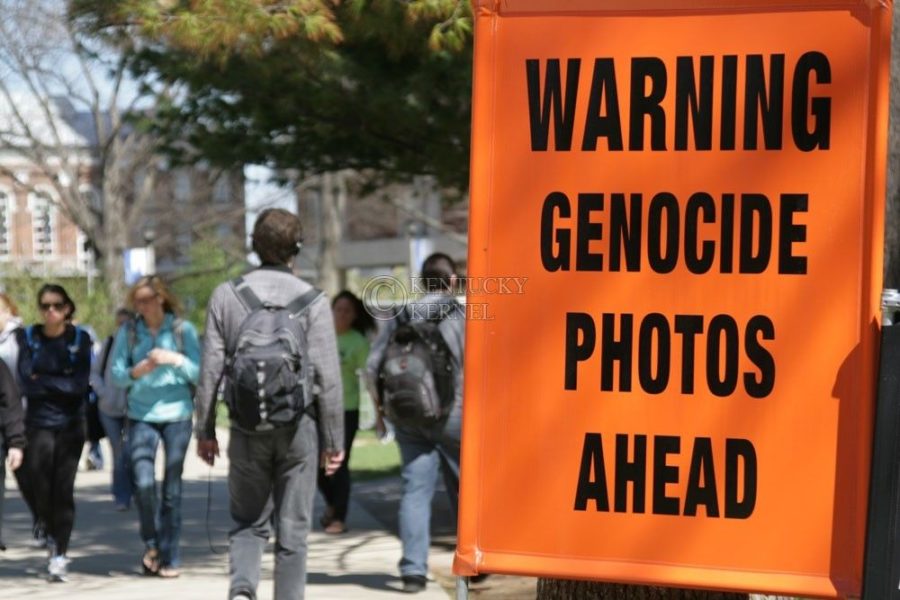Letter to the Editor: In response to “Signs present inaccurate information,” by Melinda Johnson
April 12, 2011
According to UN Resolution 260, Article II of the Convention on the Prevention and Punishment of the Crime of Genocide, genocide can be defined as “imposing measures intended to prevent births within the group.”
By this definition, abortion is indeed genocide. One could argue that the abortion of fetuses is indeed the most effective of genocides because it spans across all races, creeds and cultures in its assault upon the unborn.
We could throw definitions around all day. By my terms, abortion is genocide and by Ms. Johnson’s, abortion does not fall within the parameters. The point being, abortion as genocide is not a lie; it is an opinion, and we live in a country where any opinion, however inflammatory or controversial, has the right to be exercised.
I am sure the University of Kentucky displayed fairness in its judgment of allowing these opinions to be displayed on campus. No doubt pro-choice groups will be exercising their rights as well.
As a history student, I have no doubt Ms. Johnson is familiar with the unflattering history of the First Amendment. Very recently, in the Supreme Court Case Snyder v. Phelps, the court ruled in favor of the church that protests outside of military funerals. Chief Justice John Roberts wrote, “Speech is powerful. It can stir people to action, move them to tears of both joy and sorrow, and — as it did here — inflict great pain.”
Free speech is free speech to all, including those we may not agree with and opinions we may not want to hear.
Luke Glaser
English sophomore
































































































































































